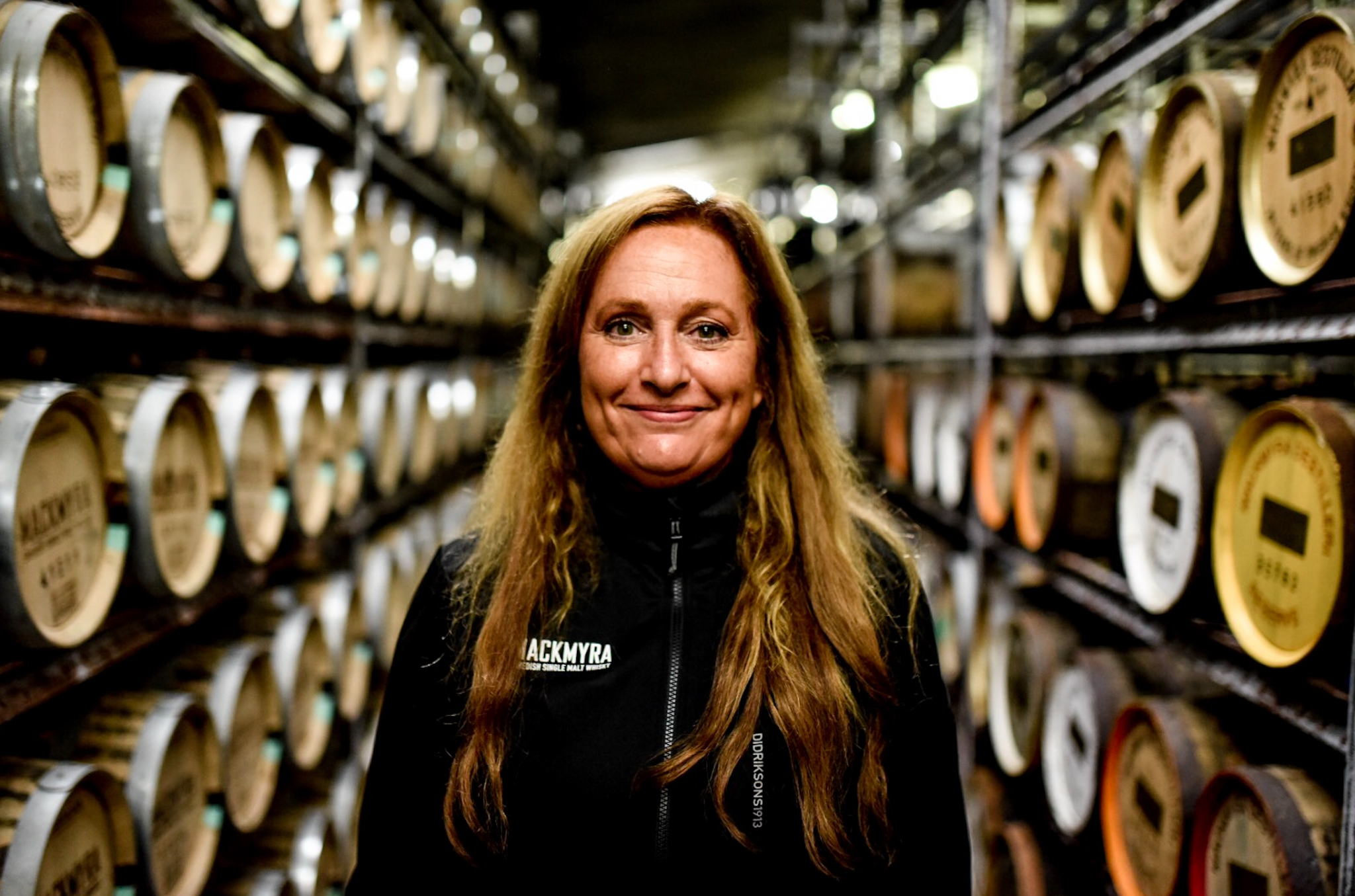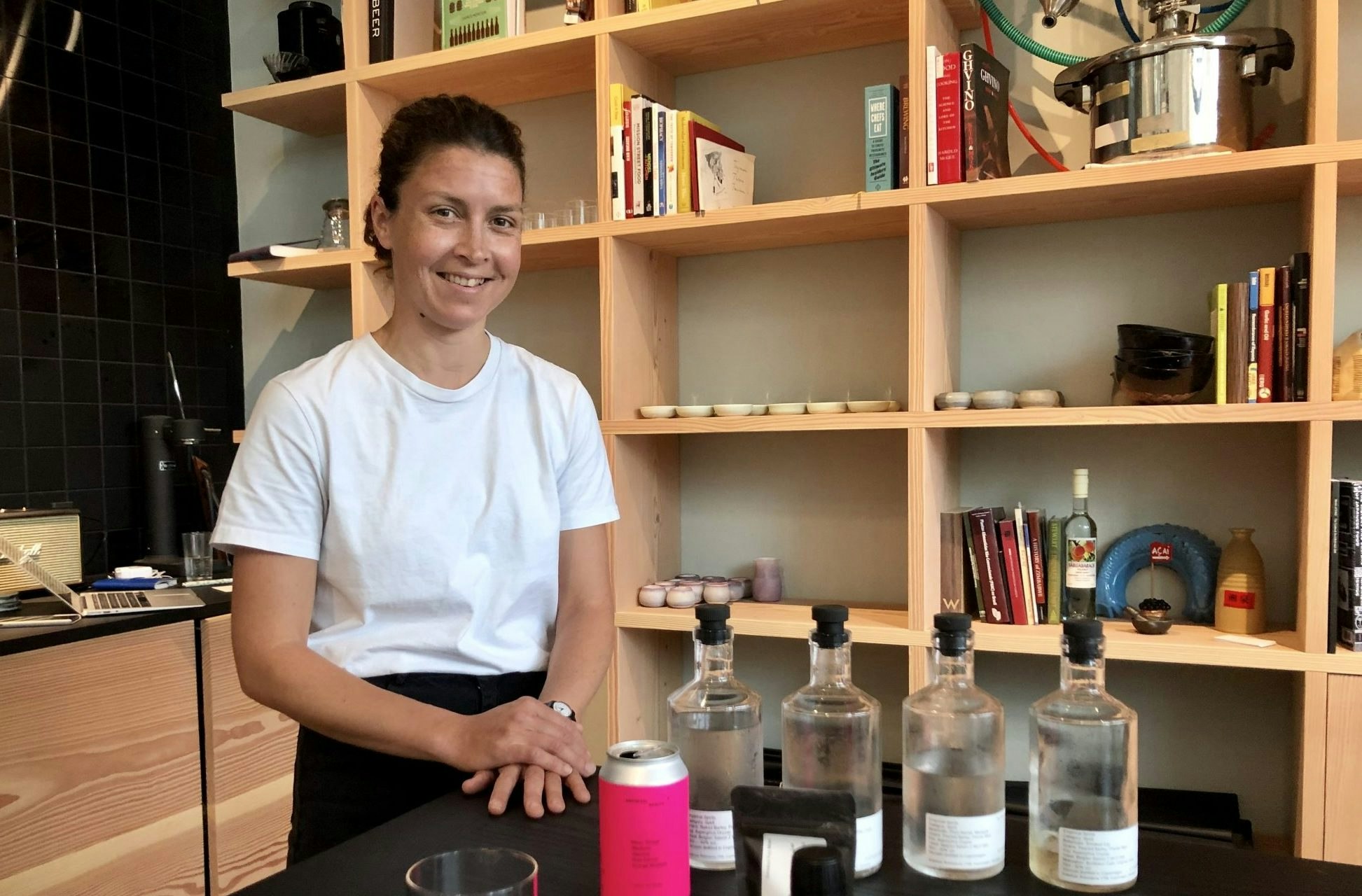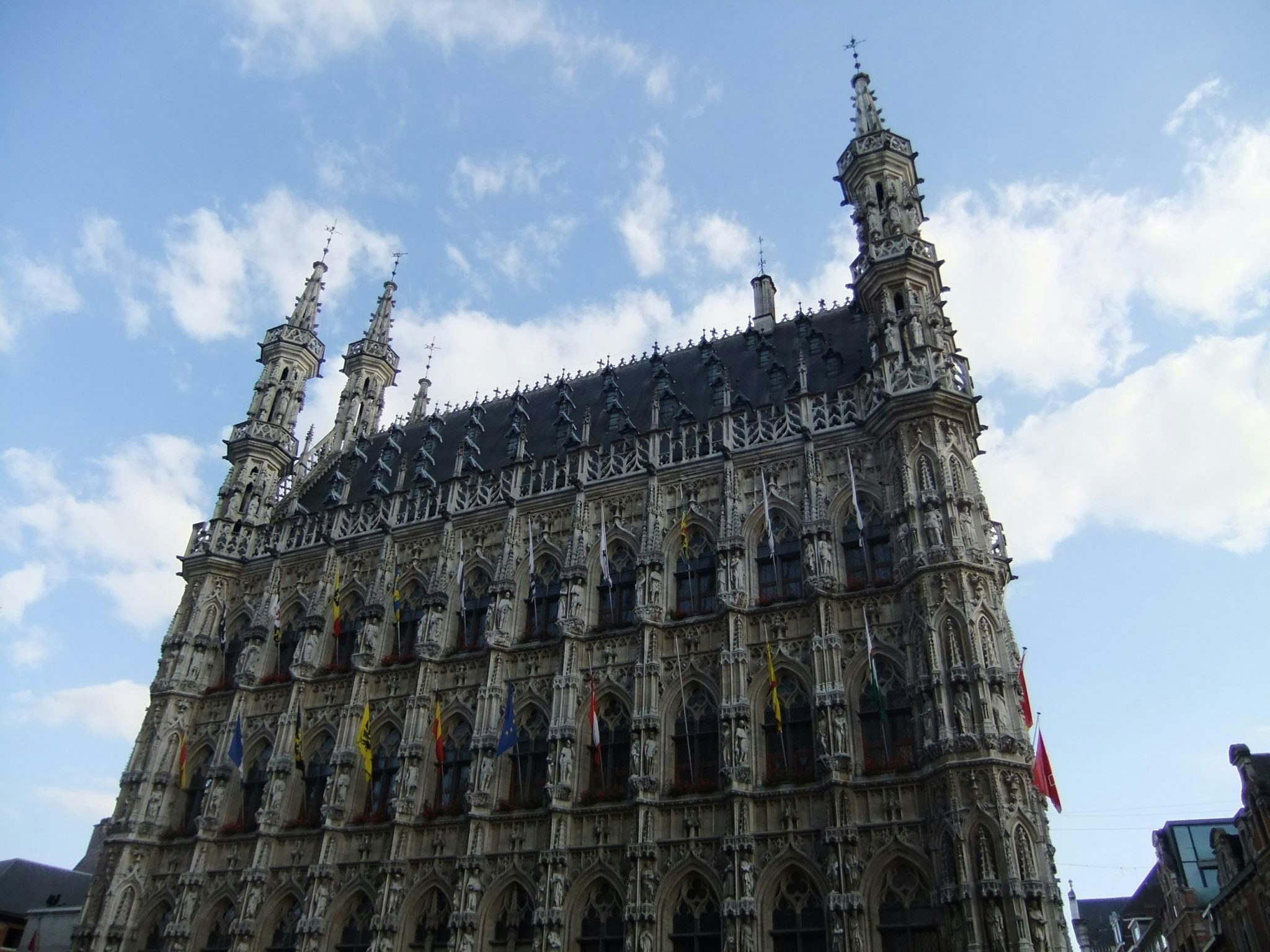Brits headed back to the pubs on Saturday after coronavirus restrictions were eased, but it was a different sort of night out. Pub goers are required to fill in contact details, to sit at tables with just their own group, and often need to order their drinks via a mobile phone app.
Some 30% of bars, pubs and restaurants have stayed shut, according to the Night-Time Industries Association, as they have yet to come to grips with how to comply with social distancing regulations.
I am interested to see what sticks even after the crisis.
One of the teams trying to help bars and pubs adjust to the new regime is Z-Tech, the venture and innovation arm inside Anheuser-Busch InBev, the world’s largest brewer.
The American Belgian company created the unit in March 2018 with the aim of helping small and medium-sized businesses — from bars and restaurants to mom and pop shops and convenience stores — adapt to new technologies. In the last few months, it has been pouring all its efforts into tech that will help businesses survive the coronavirus upheaval.
Digital duties
Early in the pandemic, for example, it created a digital platform together with Budweiser Brewing Group UK — Returnyourbeer — to help pubs and bars claim back the excise duty on unsold beer, simply by scanning details on kegs.
“There were all these unopened and half-used kegs of beer in pub cellars. Normally to reclaim duty you would have to physically return them. But we threw together the system in less than three weeks to allow people to do this digitally,” says Lindsey McInerney, global director of Z-Tech in Europe.
Some 20,000 outlets have registered to use it, and nearly 150,000 kegs have been submitted.
Pub in a box?
Z-Tech has also been looking at ways to turn bars and pubs into a takeaway experience.
“We’ve been thinking about how to capture the essence of the pub experience and deliver it to people,” says McInerney. One initiative was to partner with Uber to deliver people a match-day experience when professional football games resumed in the UK. People could get free delivery on a takeaway meal if they ordered a Budweiser or one the company’s other beer brands with it.
Touchless ordering
Now, as people are returning to bars, Z-Tech have created a contactless ordering system that would allow people to view the menu and order from it by scanning a QR code with their mobile phone.
While some larger pub chains such as Wetherspoons have already had mobile apps for contactless ordering for some time, smaller and independent venues can struggle to access the same technology.
McInerney says Z-Tech is not running these projects to make a profit, but to help the industry overall recover.
And it is proving an interesting testing ground for rethinking drinking.
Digitisation may have many benefits for pubs and bars. It is a chance to collect a lot more data on customer trends — what sells at different times and what food and drinks people tend to order together. It could also be a way to sell more — a digital menu could feature more promotions and tempt customers to try something new.
Customers, too, may come to prefer digital ordering and table service. Why get jostled at a crowded bar when you could order on your mobile phone?
“A lot of people are trying things. I am interested to see what sticks even after the crisis, ” says McInerney.



